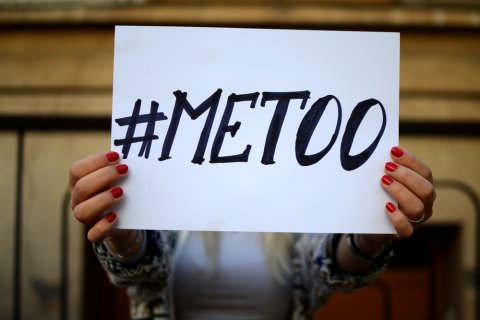Me too. The two words that took the world by storm as women and men of all backgrounds gathered into a synonymous bond with one painfully similar connection. They had all received some level of sexual abuse within their lifetime. Although this movement has now become a trending topic, this information is far from new when it comes to college campuses.
The numbers don’t lie
Studies show that 1 in 5 women in college experience sexual assault, regardless of their background. This is typically within their first two semesters of college, also known as the “red zone”.
This threat increases significantly for students who are a part of the LGBTQ community, with nearly 21% being sexually assaulted during this red zone.
This is not to discredit male sexual assault on campus. It can happen, and roughly 1 in 71 men will be sexually assaulted in their lifetime. “Further research by Struckman-Johnson (1991) supports the findings of male sexual assault on college campuses. She found that from 12% to 16% of male college students were forced into sexual intercourse by dating partners, and from less than 1% to as many as 7% of men reported being physically coerced into sex by dating partners.”
The toll it takes
The number one repercussion sexual assault survivors face is the mental anguish that comes with living with what happened to them. Many face health problems including depression, anxiety, and post-traumatic stress disorder (PTSD) just to name a few.
This is another reason why so many sexual assaults go unpunished. The survivor places all blame on themselves, or deny the situation actually happened which takes a toll on both their mental and physical health. That was the story of one survivor who kept pushing the pain away until one day it all came to the forefront.
Take Precaution
Here are a few tips on how to warn your students on ways they can make themselves less prone to attack.
- Get to know someone well before spending time alone with him/her.
- Go to parties or hangouts with friends
- Meet first dates in a public place
- Be aware of your drug or alcohol intake
- Never leave a drink unattended
- Be aware of your surroundings
- Have a plan to get home safely
Sexual assault can happen anywhere, and to anyone. If you or anyone you know has been assaulted, the best thing you can do is let them know they are not alone, and it is not their fault. It takes great courage to admit the truth, and there is help available. Please click here for more information. For students who are planning to study abroad, here are some more helpful hints to share with them on how they can protect themselves.
